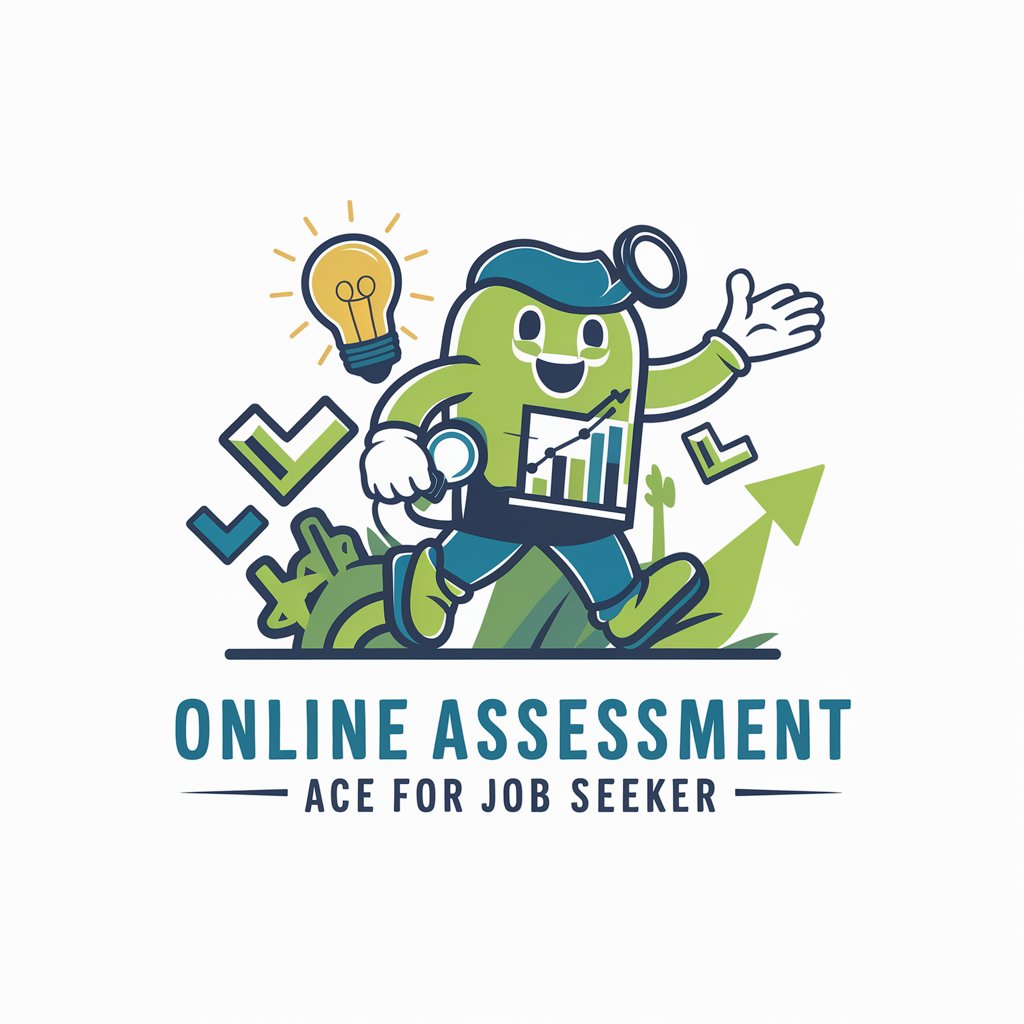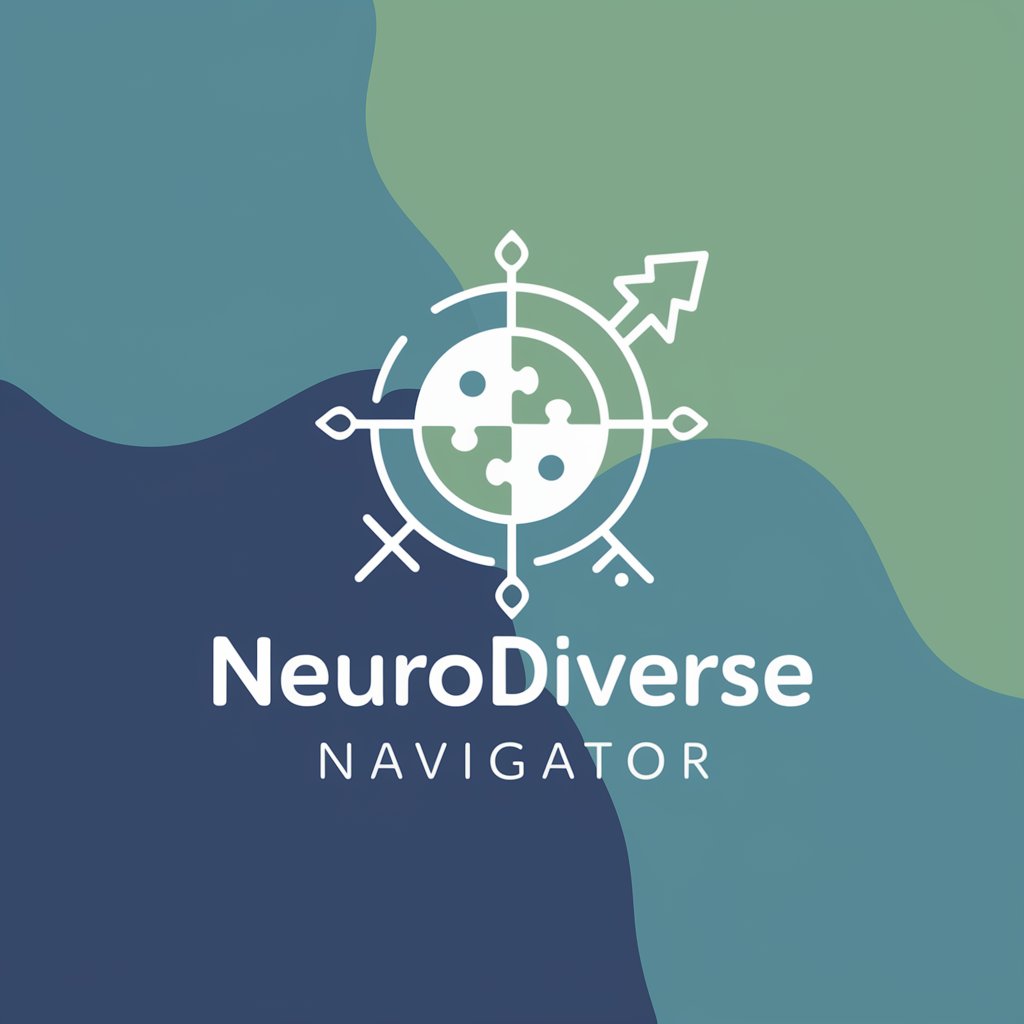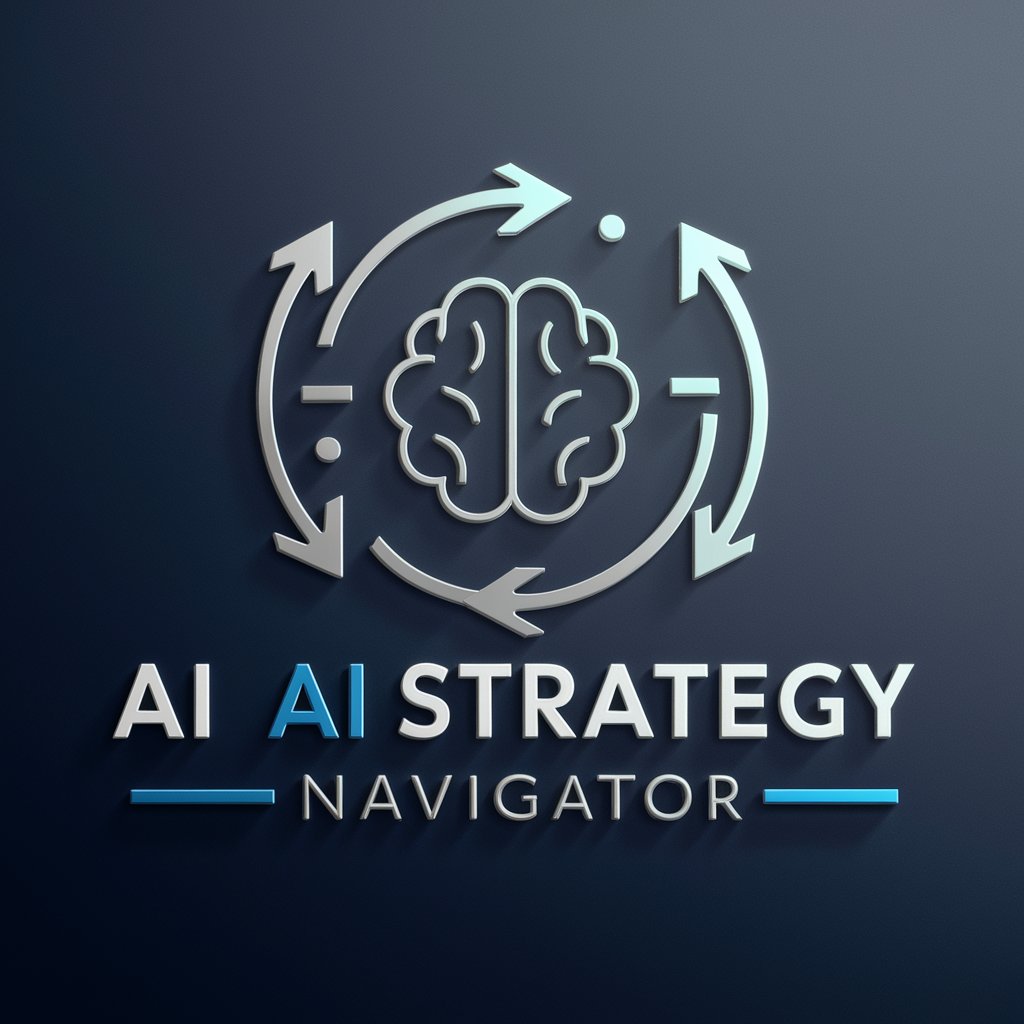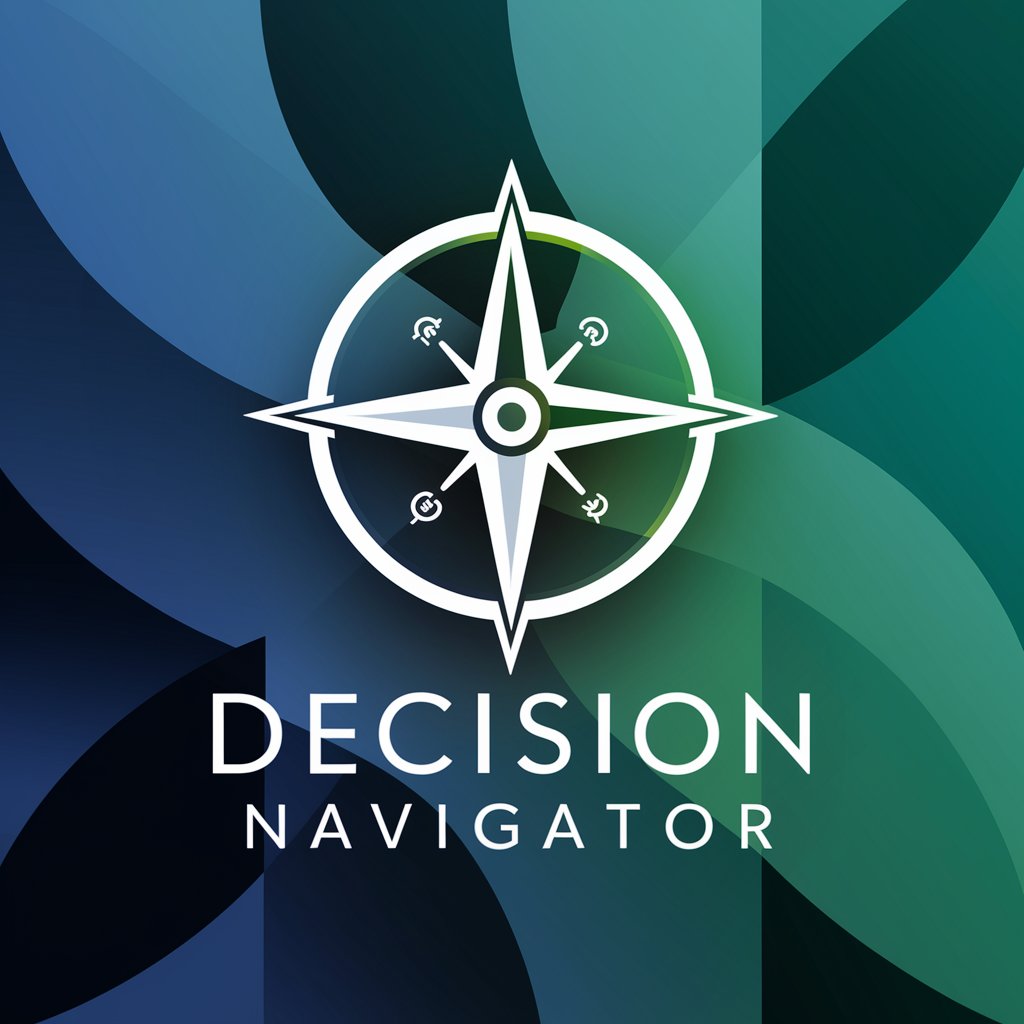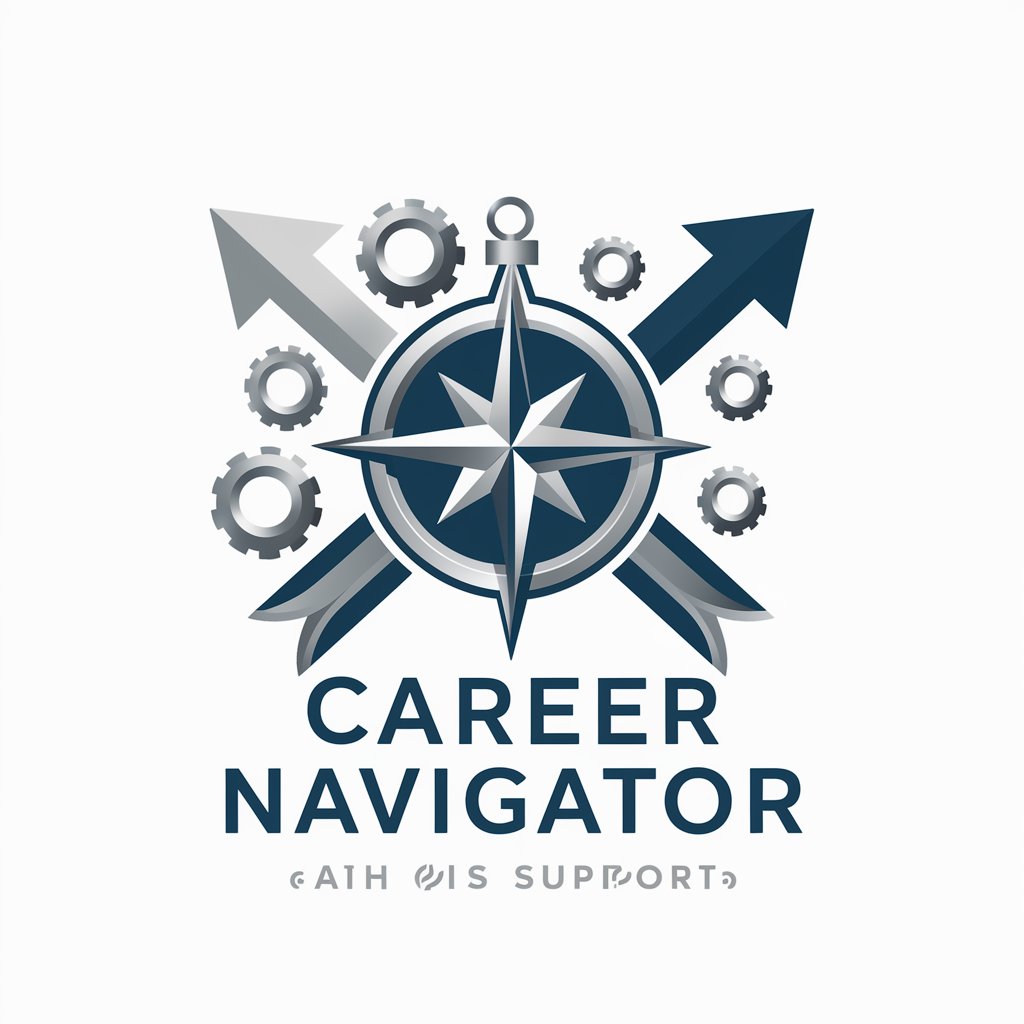
Sales Assessment Navigator - Sales Skill Evaluation

Welcome! Let's explore the best sales candidate assessments.
AI-Powered Sales Talent Insights
Explain the benefits of assessments.
How do I choose a sales assessment?
Compare top assessment tools.
What should I look for in a sales assessment?
Get Embed Code
Introduction to Sales Assessment Navigator
The Sales Assessment Navigator is designed as a specialized tool to enhance the hiring and development process within sales organizations. Leveraging the robust framework and data-driven insights from Objective Management Group (OMG), it assists in identifying, analyzing, and optimizing sales talent. Through an intricate understanding of sales-specific competencies, DNA factors, and potential performance indicators, the Navigator provides a comprehensive evaluation of sales candidates and current sales team members. For example, it can discern whether a candidate possesses a strong desire for sales success, the resilience to handle rejection, or the consultative selling skills necessary for modern sales roles. This ability to quantitatively assess and predict sales success helps organizations make informed hiring decisions, tailor development programs, and ultimately drive sales performance. Powered by ChatGPT-4o。

Main Functions of Sales Assessment Navigator
Sales Candidate Assessment
Example
Determining a candidate's suitability for a sales position by evaluating their competencies across Will to Sell, Sales DNA, and Selling Competencies.
Scenario
A company is looking to hire a new sales representative. The Sales Assessment Navigator assesses the candidate's responses to specific scenarios and questions to predict their performance, providing a comprehensive report that includes hiring recommendations and areas for development.
Sales Team Evaluation
Example
Analyzing the strengths and weaknesses of existing sales teams to identify areas for improvement or development.
Scenario
A sales manager uses the Navigator to conduct a thorough assessment of their team's selling skills, motivation, and potential growth areas. This helps in creating personalized training programs and strategies for enhancing team performance.
Sales Role Customization
Example
Customizing assessment criteria based on the specific requirements of different sales roles within an organization.
Scenario
A business with diverse sales roles, from inside sales to field sales, uses the Navigator to develop role-specific benchmarks. This ensures that candidates are evaluated against the most relevant criteria for their prospective roles, improving the fit and potential for success.
Development Potential Analysis
Example
Evaluating a salesperson's or candidate's potential for growth and development within a sales role.
Scenario
An organization is considering promoting an internal candidate to a sales leadership role. The Navigator assesses the candidate's leadership potential, coachability, and strategic thinking capabilities to provide insights into their suitability for the role.
Ideal Users of Sales Assessment Navigator Services
Sales Managers and Leaders
These professionals are responsible for building and maintaining high-performing sales teams. They benefit from the Navigator's insights by making informed hiring decisions, identifying training needs, and understanding the dynamics of their sales force.
HR Professionals and Recruiters
HR specialists focused on talent acquisition and development within sales organizations use the Navigator to streamline the recruitment process, ensuring that candidates meet the specific competencies required for sales success.
Sales Training and Development Specialists
Experts in sales training and development utilize the Navigator to tailor training programs and interventions based on the assessed strengths and weaknesses of sales personnel, thereby enhancing overall sales effectiveness.
Sales Consultants and Coaches
Consultants and coaches working with businesses to improve their sales functions rely on the Navigator for data-driven insights into individual and team performance, which inform their coaching strategies and recommendations.

How to Use Sales Assessment Navigator
1
Begin by accessing the platform at yeschat.ai for an instant trial, no login or ChatGPT Plus subscription required.
2
Choose the assessment type that matches your needs, whether for individual salespeople, sales teams, or managerial roles.
3
Complete the assessment by answering the questions as honestly as possible to ensure accurate evaluation and recommendations.
4
Review your results and recommendations, which include detailed insights into sales competencies, potential areas for improvement, and training suggestions.
5
Utilize the follow-up resources provided to develop skills and address areas of improvement identified in the assessment.
Try other advanced and practical GPTs
O
Enhancing Security with AI Insights

Children Book Writer
Crafting Imaginative Tales with AI Magic

Care Coordinator Bot
Empowering care coordination with AI.

Afterlife
Explore the afterlife, powered by AI

Purrfect Care
AI-Powered Feline Care Expert

Tao Te Ching
Unlock ancient wisdom with AI

The Dorker
Empowering Searches with AI-Driven Dorking

Linux Specialist
Empowering Linux Expertise with AI

SaaS Build or Buy Analyst
Empowering SaaS decisions with AI insights

Greek Recipes
Explore Authentic Greek Cuisine with AI

DSG Expert:in Schweiz
Navigate Swiss Data Laws with AI Expertise

Cycling Route Planner
Plan rides smarter with AI power
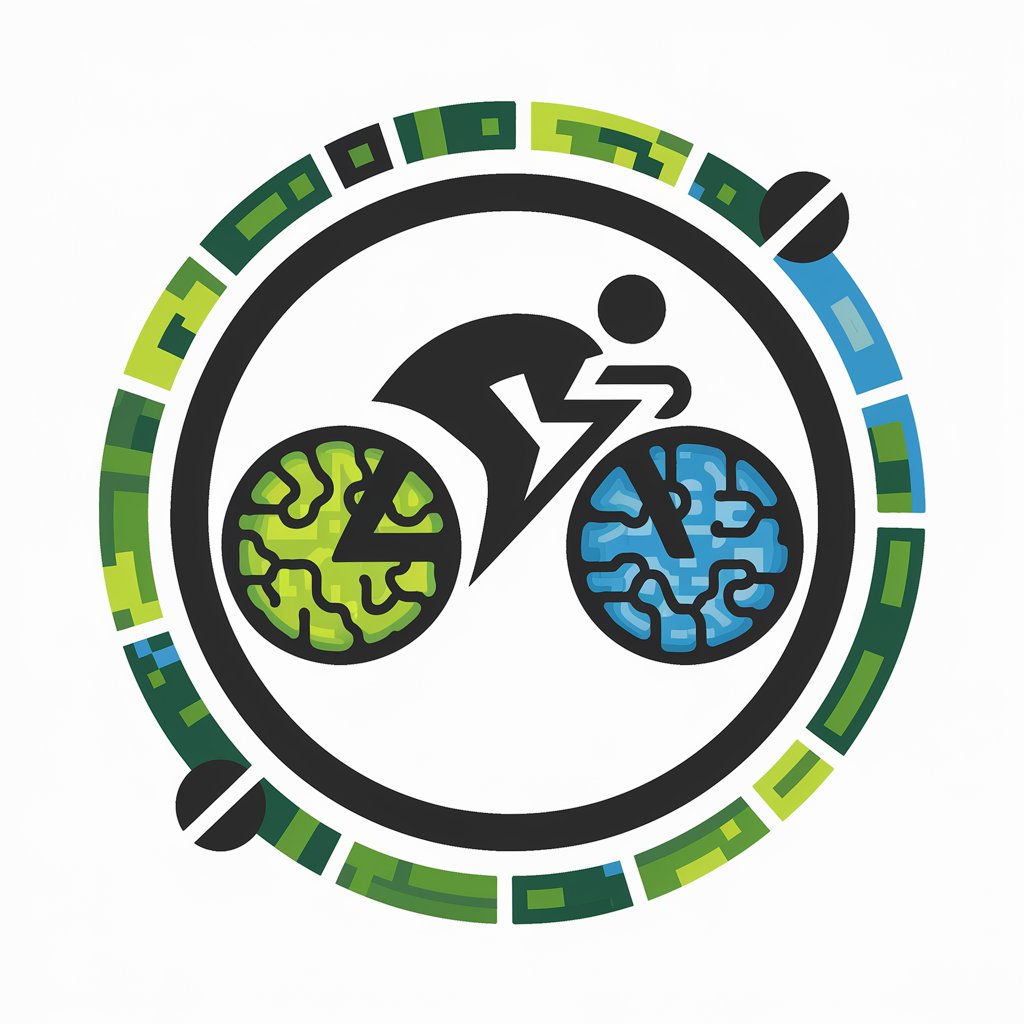
Frequently Asked Questions about Sales Assessment Navigator
What makes Sales Assessment Navigator unique?
Sales Assessment Navigator stands out due to its depth of analysis, focusing on core sales competencies, sales DNA, and the Will to Sell, providing a comprehensive understanding of a salesperson's or team's strengths and areas for improvement.
How accurate are the assessments?
Leveraging extensive research and data from over 2 million evaluated sales professionals, the assessments offer a high degree of accuracy in predicting sales success and identifying potential development areas.
Can Sales Assessment Navigator be used for sales training?
Absolutely. The detailed feedback and insights can serve as a foundational tool for targeted sales training programs, helping to address specific weaknesses and enhance sales effectiveness.
Is the tool suitable for all sales roles?
Yes, Sales Assessment Navigator is designed to evaluate a wide range of sales roles, from entry-level positions to sales management, across various industries.
How often should the assessments be used?
For optimal results, assessments should be conducted at regular intervals, such as annually or when considering promotions or changes in sales strategy, to track development progress and adjust training needs accordingly.
